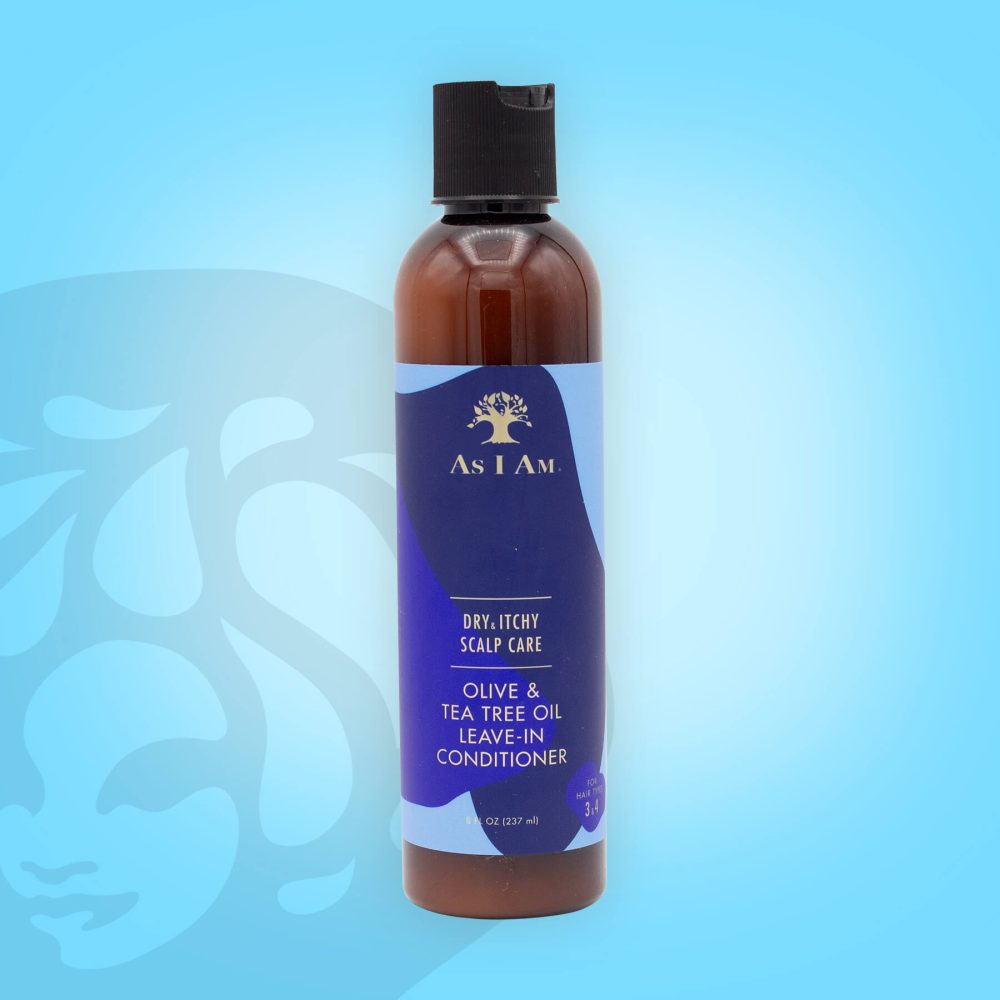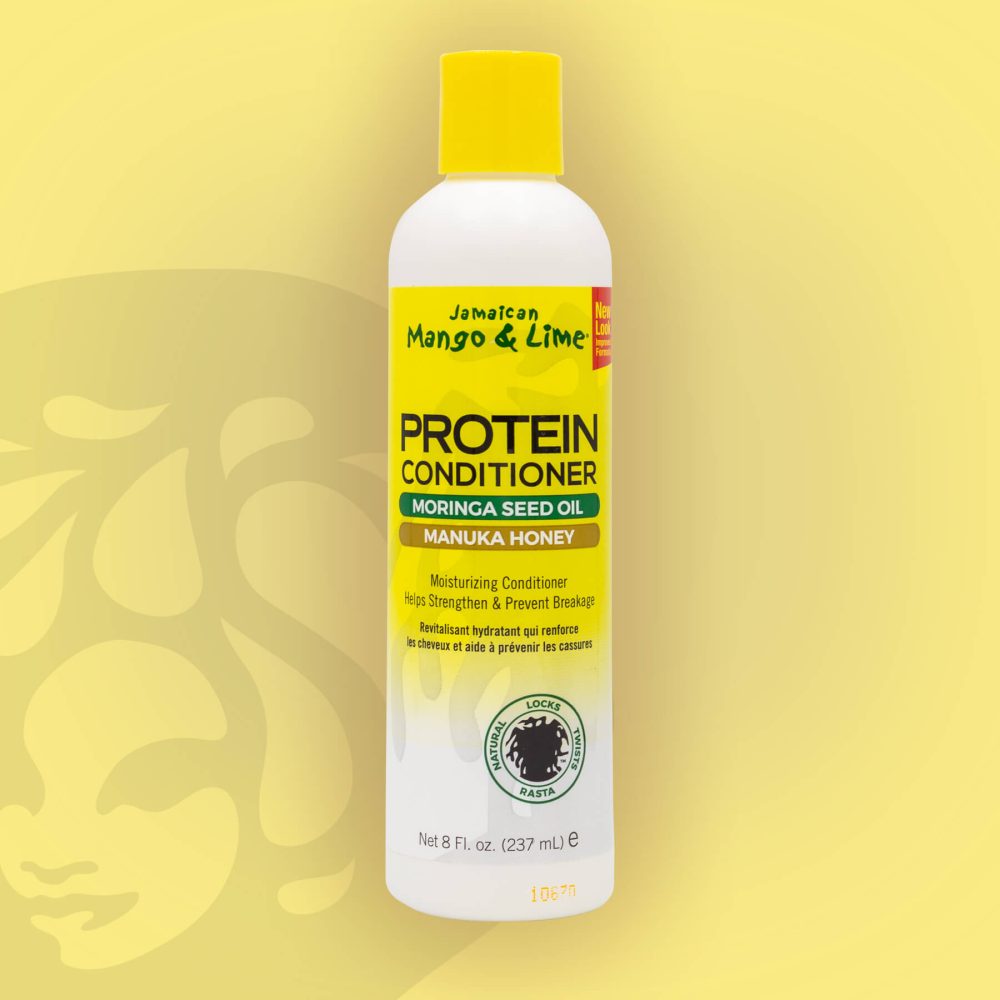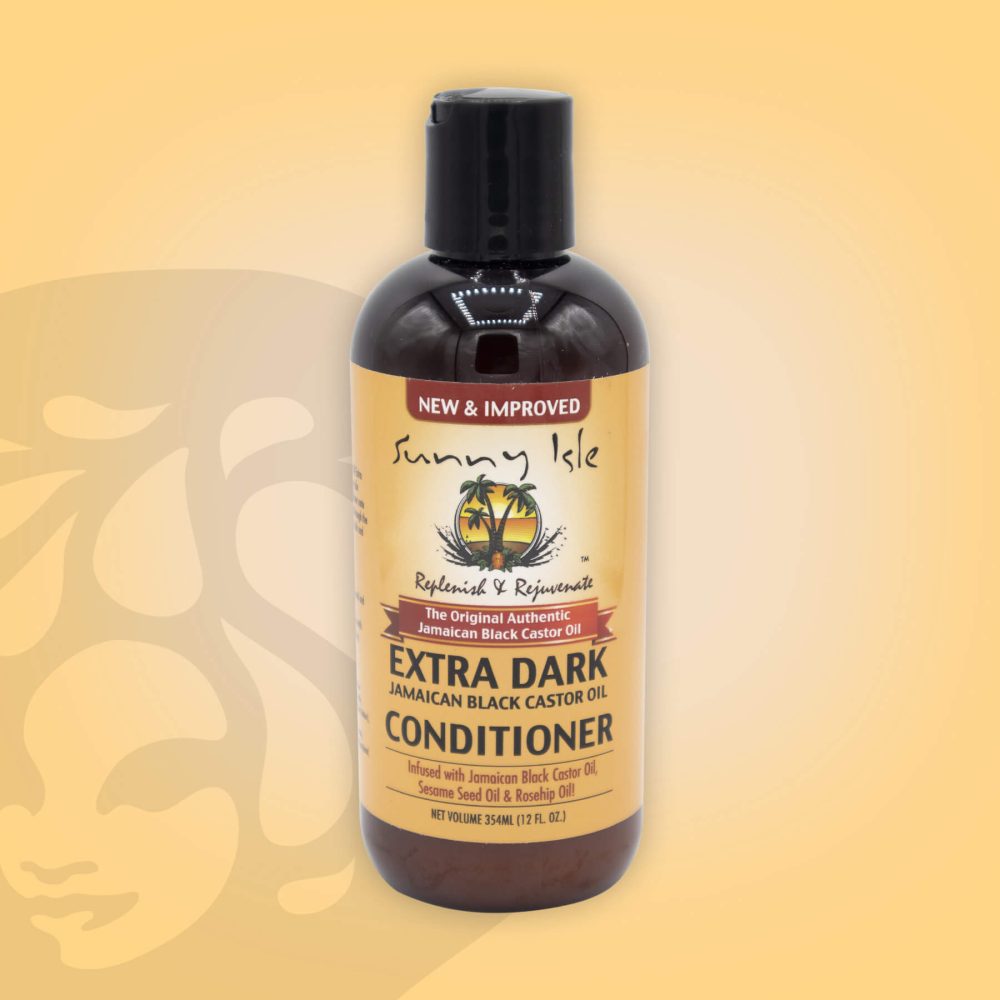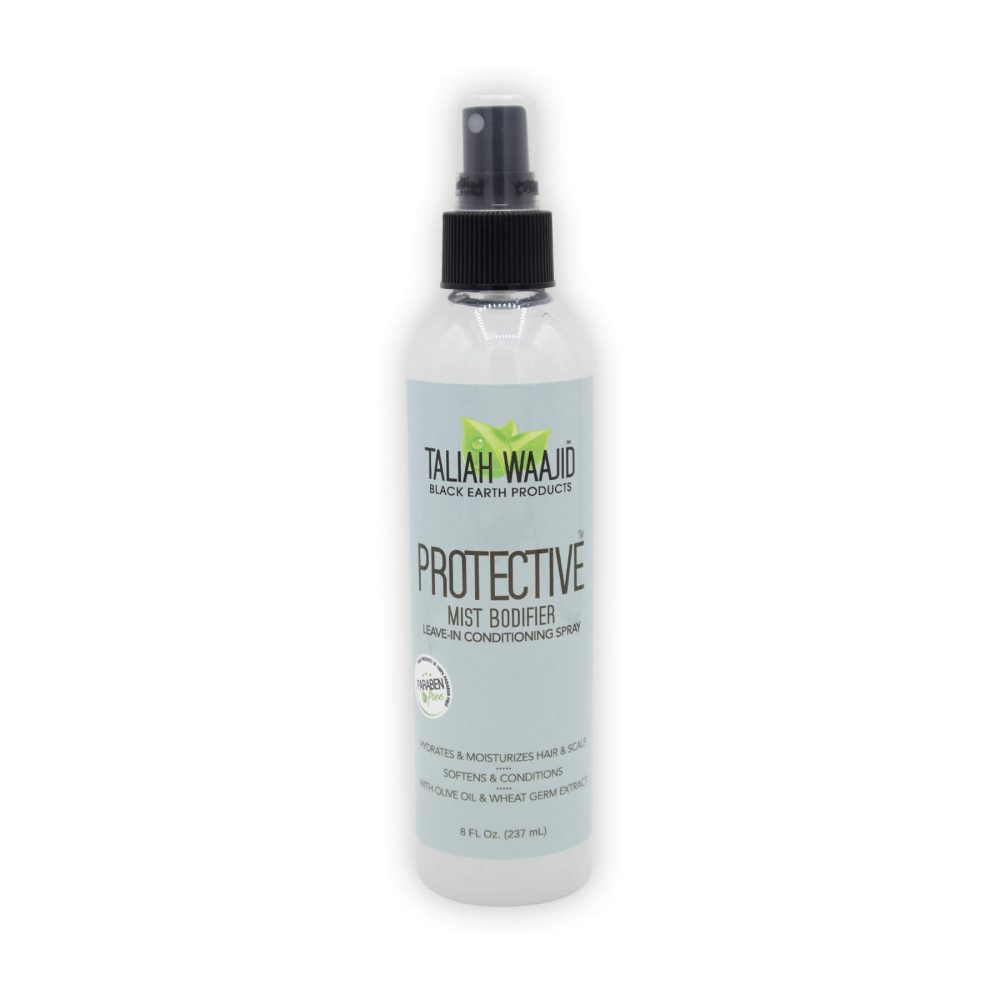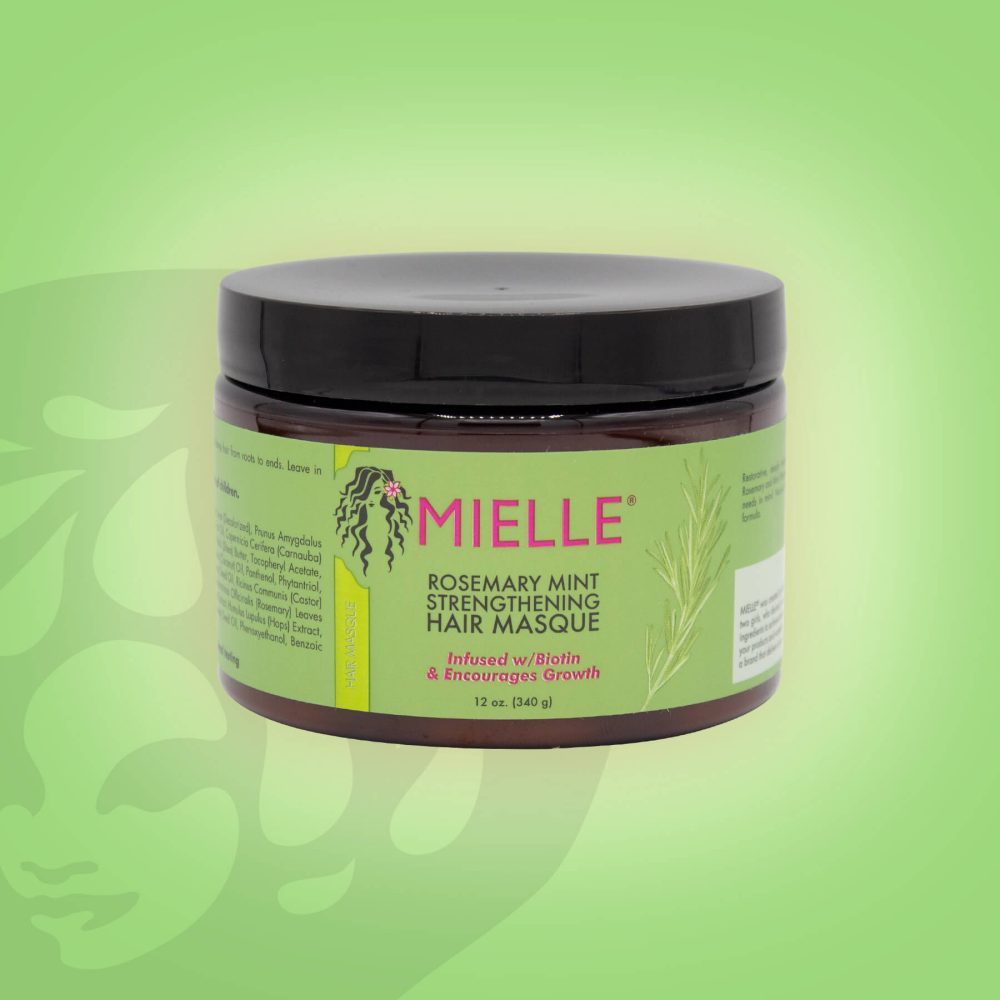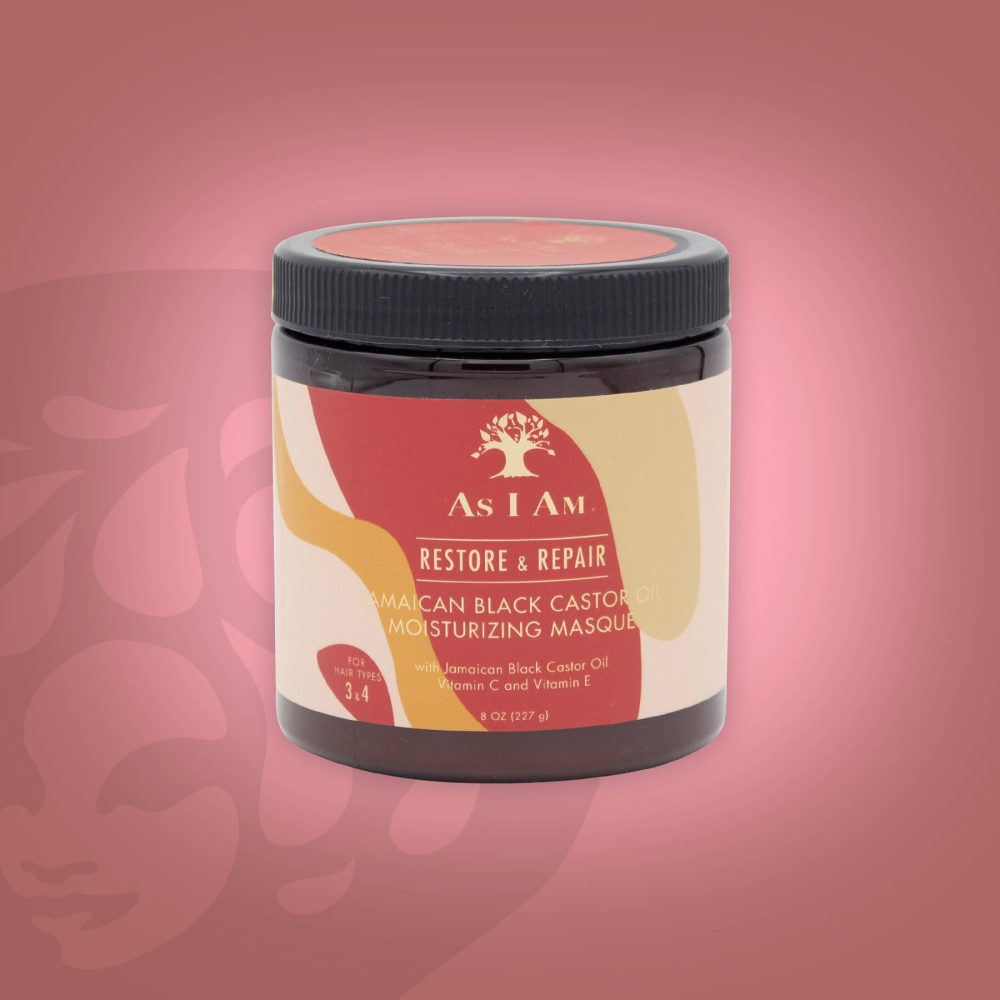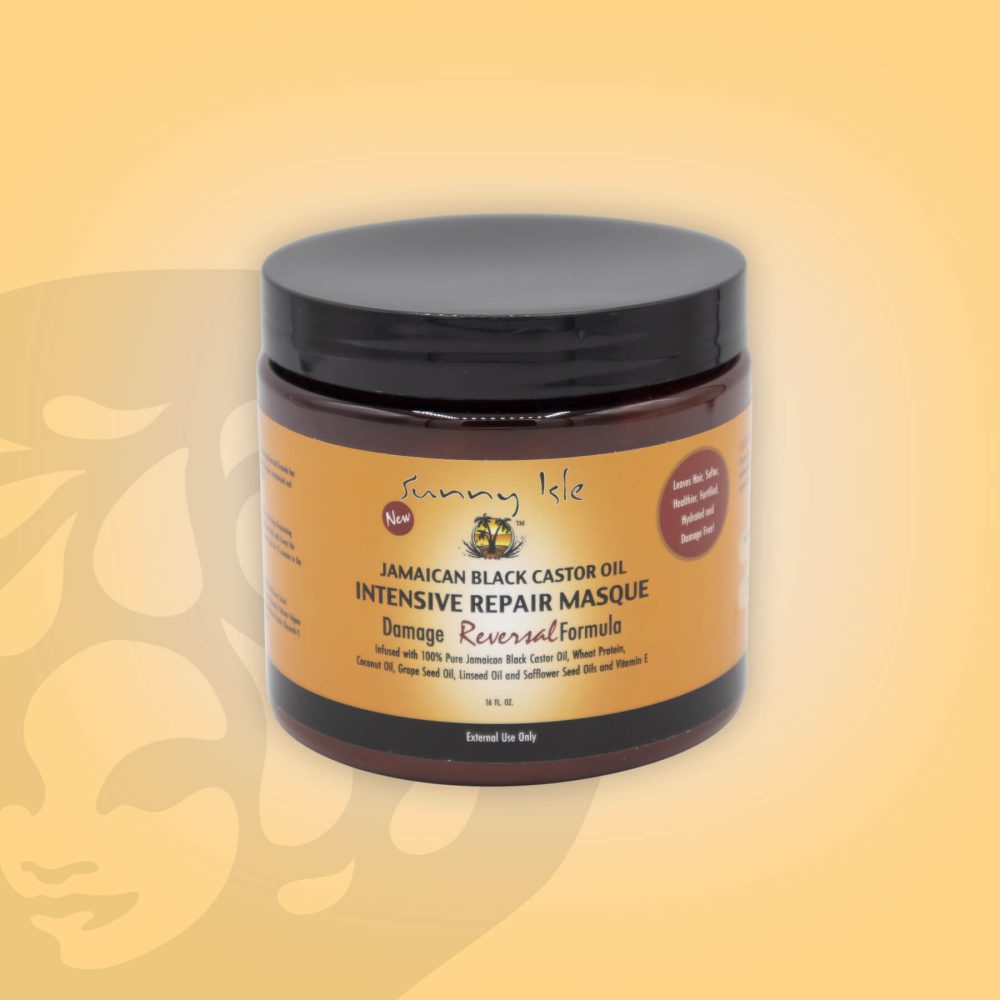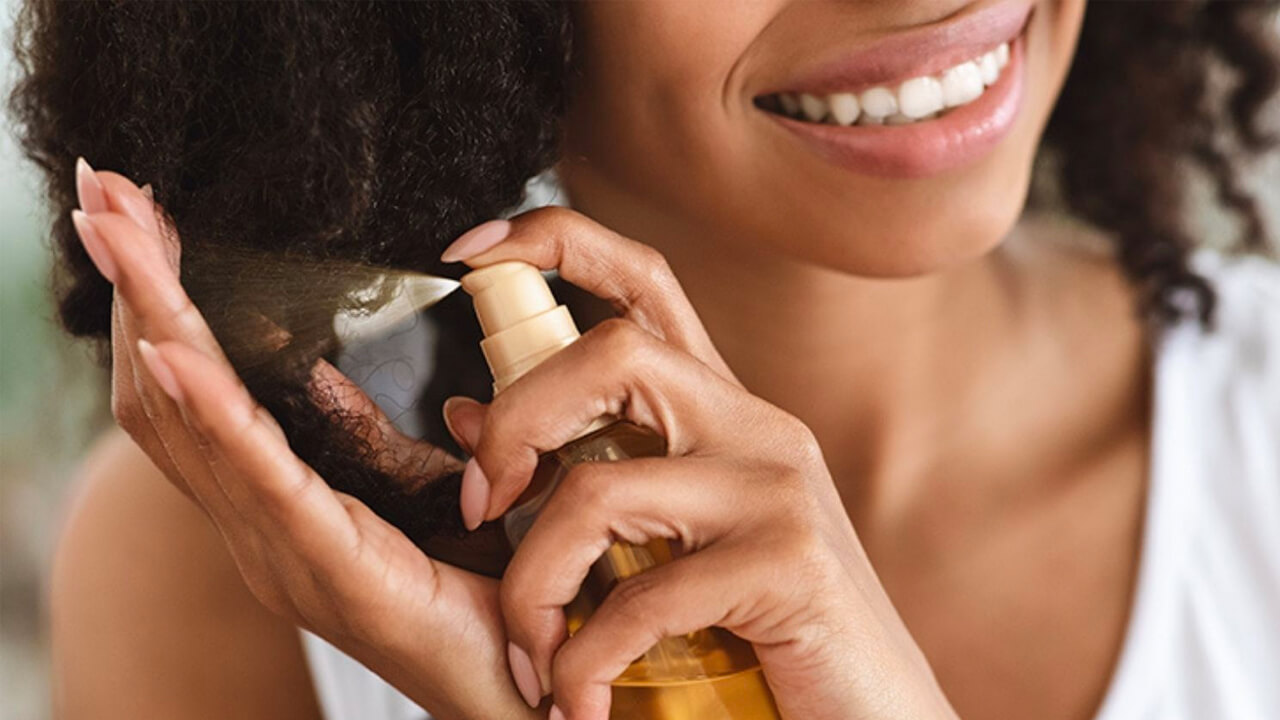While the history of locs definitely deserve an article of its own, probably the best way to describe this particular look that originated in African and Rastafarian culture (and religion) is it’s when our hair is styled in such a way that it creates a “rope-like” effect.
While there are all kinds of reasons and motivations behind why people decide to wear them, if there’s one thing that virtually all Black people have in common who do, it’s incomparable pride in their ethnicity.
I personally know several people with locs and the look is almost mesmerising. They’re long. They’re powerful. They are definitely beautiful. And, as with any other type of style, locs require a customised kind of maintenance.
Personally, that’s what I think is a huge misconception about locs — that they don’t need as much TLC as any other look when that actually could not be further from the truth.
Take conditioning locs, for example. Have you ever wondered if it’s necessary and, if so, how you should go about doing it?
If so, that’s actually what we’re going to tackle today — in order to keep locs flourishing and thriving, this is what the conditioning process should look like.
First up: All hair needs moisture
Let’s start here. In order to be healthy, all hair requires moisture; locs are certainly no exception. I actually once read someone compare locs with spaghetti noodles in the sense that, before noodles are cooked in water, if you try and bend them, they will break.
Along these same lines, if you don’t get moisture into locs on a consistent basis, they can become dry, brittle and experience breakage too. So definitely, without question or hesitation, they require moisture. Now, as far as how to make that happen, let’s go a little deeper.
Go with a conditioner that is water-based for your locs
One of the main things to keep in mind when it comes to moisturising locs is you want to be as proactive as much as possible about avoiding product buildup.
One of the best ways to do this is to avoid conditioners that has a cream base; water-based conditioners are better because they dissolve into your hair so much easier, but everyone’s locs are different. Don’t introduce a conditioner unless you feel your locs need the hydration.
Best conditioners / leave-in conditioner for locs
As I Am Dry & Itchy Scalp Care Leave-In Conditioner
£8.99The ultimate anti-dandruff leave-in conditioner – FACT! Say goodbye to dandruff and a flaky, itchy, and dry scalp with this nourishing and active leave-in that’s loaded with tea tree oil (proven to soothe dry skin) and coconut oil. Define, nourish and tame your curls AND care for your sensitive scalp in one go. That’s a triple win right there!
Jamaican Mango & Lime Protein Conditioner
£4.99If you want something new for your dreadlock care arsenal, you’re gonna wanna keep this baby locked and loaded. Whether you’re starting to create locks or looking to maintain them long term, this is the product for your hair journey.
Sunny Isle Extra Dark Jamaican Black Castor Oil Conditioner
£6.99Hydration, hydration, hydration. The key to healthy gorgeous hair is good hydration and this drop from Sunny Isle is the holy grail of intense conditioners. Curly Girl approved, loaded with precious JBCO and at a fair price too!
Taliah Waajid Protective Mist Bodifier
Hair and scalp therapy in a bottle! A daily leave-in conditioner that also detangles and is great for comb-outs. That’s a three in one win that makes this a must-have. It’s our go-to for great hair, and it should be yours too.
In fact, some people with locs prefer to go with an apple cider rinse above all else because the properties in the cider will both clarify and moisturise your hair…
In fact, some people with locs prefer to go with an apple cider rinse above all else because the properties in the cider will both clarify and moisturise your hair; plus, you won’t have to worry about residue since the solution will totally rinse clean.
And what about deep conditioning? Do your locs need that as well? About once a month, that’s a good idea.
Hydrating deep conditioners that contain oils like jojoba or Jamaican black castor oil can be super beneficial. So can applying a leave-in conditioner if you want some extra “protection”.
Best deep conditioners for locs
Mielle Organics Rosemary Mint Strengthening Hair Masque
£9.99First off, it smells DIVINE, secondly it’s one of our absolute fave hair masques with a light yet incredible invigorating scalp effect thanks to the mint and last but not least, it does exactly what it says on the tin! Formulated to strengthen hair, reduce breakage and knock out hydration for your kinks and curls.
As I Am Restore & Repair Jamaican Black Castor Oil Masque
£12.99If you’re looking for a bestie in your hair growth journey, this masque from the As I Am JBCO range is gonna be your BFF for life**.** An ultra-hydrating formula with proven hair-strengthening qualities? Don’t settle for less!
Sunny Isle Jamaican Black Castor Oil Intensive Masque
£8.99Dripping with black castor oil and rich oils perfect for thirsty or damaged hair. This drop from Sunny Isle puts the ‘intense’ in intensive! Damage control just got easier. Even the driest hair that’s lost its lustre can be revitalised and repaired with this rich, super-nourishing masque from Sunny Isle.
Steam your locs to hydrate them and avoid stripping natural oils
Since constantly shampooing hair (any style of hair) can increase the risk of stripping natural oils from it, try and refrain from washing your locs more than a couple of times a month (bi-weekly).
If your scalp gets irritated in between that time, Sea Breeze makes a product that you can apply to your scalp that can help to bring some much-needed relief.
As far as your hair goes, a really effective way to get moisture into your hair when you haven’t shampooed is to steam it.
Not only will it hydrate your strands, it will also increase blood circulation to your hair follicles which can result in more growth. For tips on how to steam your locs at home, check out these videos:
Try using aloe vera to keep your locs moisturised
Another great way to keep your locs properly moisturised is to bring some Aloe vera into the mix. Because it’s made up of over 90 percent water and it because the rest of it consists of amino and fatty acids along with vitamins A, B12, C and E; Aloe vera can help to keep your hair and scalp super nourished and manageable.
Also, if you have a sensitive or itchy scalp or you happen to struggle with dandruff or seborrheic dermatitis, Aloe vera can provide close to instant relief.
As a bonus, it also can protect your hair from damaging UV rays. In fact, there are a lot of professional stylists who only use Aloe vera gel to condition their clients’ locs. Just make sure that it’s 100 percent gel; the less additives that are in it, the better.
Oil your scalp with an infused oil
Speaking of ways to protect your scalp (the foundation from which your locs grow), another option is to make your own infused oil.
This basically consists of steeping some fresh herbs in with a carrier oil (like grapeseed, avocado or sweet almond oil), putting them in a mason jar and applying the end results directly to your scalp.
While I don’t have locs, I’ve been applying infused oil to my own hair for several months now and I have adored the results!
Style Craze published an article earlier this year entitled, “20 Herbs For Hair Growth And How To Use Them”; it can help to give you an introduction into different herbs and their benefits.
Etsy is a site that features merchants who sell loose herbs. Just go to the site and put whatever herb you’re looking for into the search field. For tips on how to infuse your herbs, this video can totally help you out.
Make a mist to refresh your locs
So, what if you just want a way to lightly refreshen your hair, perhaps while you’re traveling or out ‘n about? Another cool way to condition your locs is to DIY a hair mist.
A great recipe is to combine a tablespoon of Aloe vera juice (juice not gel) with 5-7 drops of lavender essential oil (it will soften your hair and provide antibacterial properties to your scalp), a tablespoon of apricot oil (its rich in fatty acids and anti-inflammatory properties) and distilled water (it contains no contaminants or minerals).
Put all of this into a small spray bottle and carry it in your purse. It’s the ultimate loc conditioning hack!
Drink PLENTY of Water/Infused Water
It makes no sense to put all of your effort into conditioning your hair from the outside in if you’re dehydrated. So, definitely make sure that you consume no less than 6-8 glasses of water a day.
If plain water is so not your thing, you can add some extra taste — along with some nutrients — into the mix by making your own infused water that can consist of your favourite fruits, veggies and/or herbs.
Taste of Home is just one site that has several recipes to choose from. You can check all 23 of them out here.
Cover Up. Sometimes.
One more conditioning tip. Remember how I said earlier that steaming your locs is an effective way to give them the moisture that they need?
One way to steam them is to stand in a really warm shower for about five minutes. If you do this, avoid wearing a shower cap, so that the humidity can penetrate your strands.
On the flip side, when it’s time to turn in for the night, turn on a humidifier (it will put moisture into the air while you’re sleeping) and wrap your hair up with a silk or satin scarf. Doing this will help to keep the moisture that is in your hair throughout the night, so that you won’t have to do as much work to condition your locs in the following morning.
If you end your conditioning tips with this one on a daily basis, your hair will be soft and well-moisturised as it continues to grow. Guaranteed.
